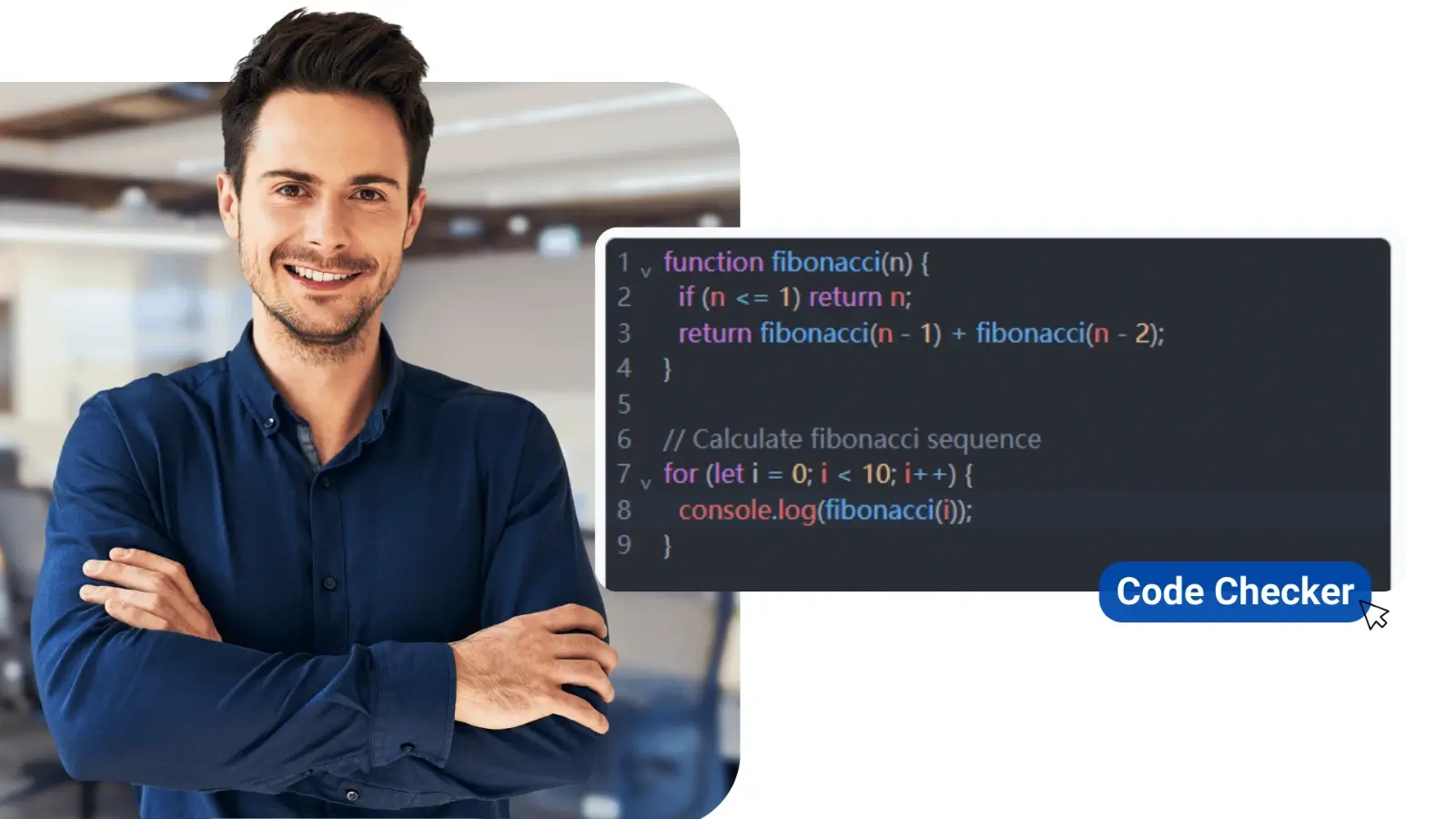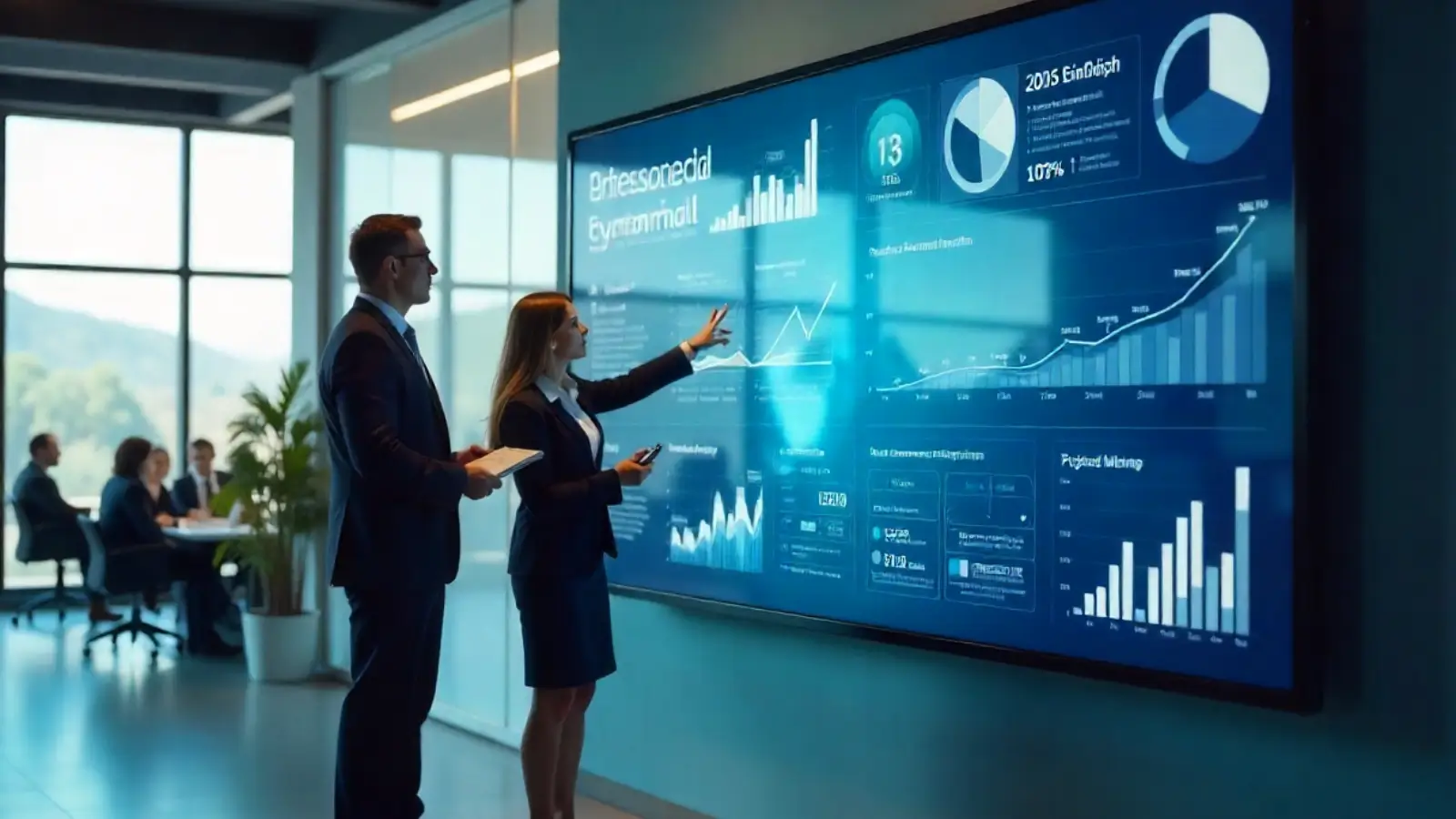The modern technology-based business environment forces organizations to depend on accounting software for their financial management needs. Accounting software evolved beyond basic bookkeeping records to offer powerful solutions which enhance operation flow and minimize errors and boost efficiency. The combination of automated complex operations and business systems integration through accounting software brings transformative changes to company operations which lets businesses concentrate on growth opportunities and innovation.
This post analyzes the latest accounting software solutions, their benefits, and how they empower professionals—ranging from tax planners to a part-time chief financial officer—to optimize fiscal management.
The Role of Accounting Software in Modern Business
Accounting software is the epicenter of a business's finance management efficiently. It carries out mundane work such as invoicing, payroll, and reconciliations of bank statements with least manual effort involved. It does not just save time, but also eliminates data entry-related mistakes. Robust analytics and reporting features provide business entities real-time insights into their finances' well-being, and they are hence able to take better decisions. The major advantages of accounting software are:
-
Processing routine tasks automatically: Activities such as data entry, tax computation, and report generation are automated.
-
Reducing errors: Computerized processes provide consistency and precision in financial data.
-
Time savings: Without manual labor, companies can devote resources to more important activities.
-
Better compliance: Templates pre-loaded and compliance checks guarantee regulatory compliance.
AI and Machine Learning in Accounting
Artificial intelligence (AI) and machine learning are revolutionizing accounting software. Solutions such as Sage Intacct and Zoho Books employ AI to:
-
Detect abnormalities in financial data, minimizing risk of fraud.
-
Forecast cash flow patterns, aiding improved budgeting.
-
Automatically allocate expense, freeing up hours of work.
How AI Improves Financial Decision-Making
Accounting software driven by artificial intelligence can search vast quantities of financial information in seconds to discover patterns that humans would miss. For instance, it can mark suspicious transactions, forecast seasonal declines in revenues, and recommend cost-cutting initiatives.
A fractional chief financial officer would be able to utilize these insights derived from AI to make sound financial decisions while not necessarily being in the office. This is especially beneficial for small businesses and startups that are not in a position to make full-time CFO hiring decisions but would love to have some strategic financial guidance.
The Role of Chatbots in Accounting
Some accounting systems have even brought in AI-driven chatbots to help answer questions. The digital assistants can provide expense explanations, create reports, and even offer tax guidance, doing even more to decrease the workload for human accountants.
Streamlining Operations with Accounting Software
Contemporary accounting software provides to core bookkeeping the ability to interact with other business systems like customer relationship management (CRM) software, point-of-sale (POS) software, and payroll software. With such integration, every department in the business will have access to real-time financial information without duplicating efforts.
For instance:
-
Inventory Management: Accounting software like Xero and Sage 50cloud enables businesses to monitor levels of inventory in real time so that stock levels are always optimized.
-
Payroll Integration: QuickBooks minimizes payroll processing with auto-calculated tax and printing pay stubs.
-
Customer Invoicing: FreshBooks allows businesses to generate professional invoices with ease and monitor payments effectively.
All these features not only increase productivity but also increase customer satisfaction through prompt delivery of services.
Reduction of Errors through Automation
Human accounting errors can result in enormous monetary losses or regulatory problems. Accounting software minimizes such possibilities through automation and standardization. For example:
-
Computerized bank reconciliations ensure all is there.
-
The collection of data synchronizing in real time eliminates system differences.
-
Compliance checks built into it help businesses adhere to tax law and legislations.
One example is when tax planners use accounting software in the preparation of accurate tax returns by correctly apportioning expenses and establishing deductible expenses.
Saving Time for Strategic Growth
Time is a precious asset for any company. Accounting software frees up time for decision-makers to implement strategic plans by automating mundane work. For example:
-
Chief financial officer that is part time can make wise decisions by using real-time dashboards of finances rather than spending countless hours on hand-analysis of data.
-
Small business owners can utilize applications such as FreshBooks or Wave to manage their finances efficiently without requiring in-depth accounting knowledge.
This time-saving feature is especially useful for small businesses and startups working on tight budgets.
Features Leading the Revolution
New accounting software is shipped with built-in next-generation features responding to changing business requirements:
-
Cloud Access: Products such as QuickBooks Online and Xero enable remote access to financial information anywhere in the world, making remote work possible.
-
Reporting Abilities: Companies can create detailed reports to gain insights within a specified category like cash flow or profitability.
-
Integration Capabilities: Integration with other software on a seamless note ensures a consistent method of conducting the business.
-
Mobile Apps: Software like FreshBooks comes with mobile apps that can be utilized to conduct finances remotely.
These capabilities not just ensure efficiency but also equip companies with an edge over their competitors in the current marketplace.
The Impact on Financial Professionals
The use of accounting software has also altered the work of finance professionals like CPAs (Certified Public Accountants). For example:
-
A Fort Worth CPA would utilize software such as QuickBooks Online Accountant to handle several clients in an effective manner from a single interface.
-
Tax planners will be able to make use of automation capabilities to simplify tax preparation procedures and comply with regional regulations.
By streamlining repetitive tasks, such professionals have more time to offer strategic counsel and value-added services to clients.
Challenges and Considerations
Although accounting software has many advantages, companies should keep in mind the following challenges before implementation:
-
Cost: Sophisticated solutions like Oracle NetSuite can be costly to implement.
-
Learning Curve: Staff might require training to get the most out of new tools.
-
Data Security: Protecting financial information is paramount when handling cloud-based solutions.
Companies must assess their own requirements and select a solution that is suitable for their objective and budget.
The Future of Accounting Software
Technology will go on evolving, and accounting software will be no exception. Coming trends are:
-
Blockchain integration to make transactions tamper-proof and secure.
-
Voice-controlled accounting to enable hands-free data entry.
-
Predictive analytics to make wiser financial forecasting.
Blockchain in Accounting
Blockchain technology has the capability to revolutionize accounting through the provision of an immutable ledger for each transaction. This could make reconciliation exercises redundant and enhance financial reporting transparency.
The Role of Big Data
Accounting courses will increasingly depend on big data to provide more insights into business performance. For example, it might analyze industry trends to suggest best-value pricing initiatives or identify cost-cutting programs.
Wrapping Up
Accounting software has revolutionized modern businesses by streamlining operations, doing away with mistakes, and saving time. From small startups to large companies and everything in between, accounting software helps organizations have their finances working for them and focusing on expansion and innovation. Along with powerful features like automation, real-time reporting, and cloud access, accounting software is breaking the mold towards the future of business management.

















